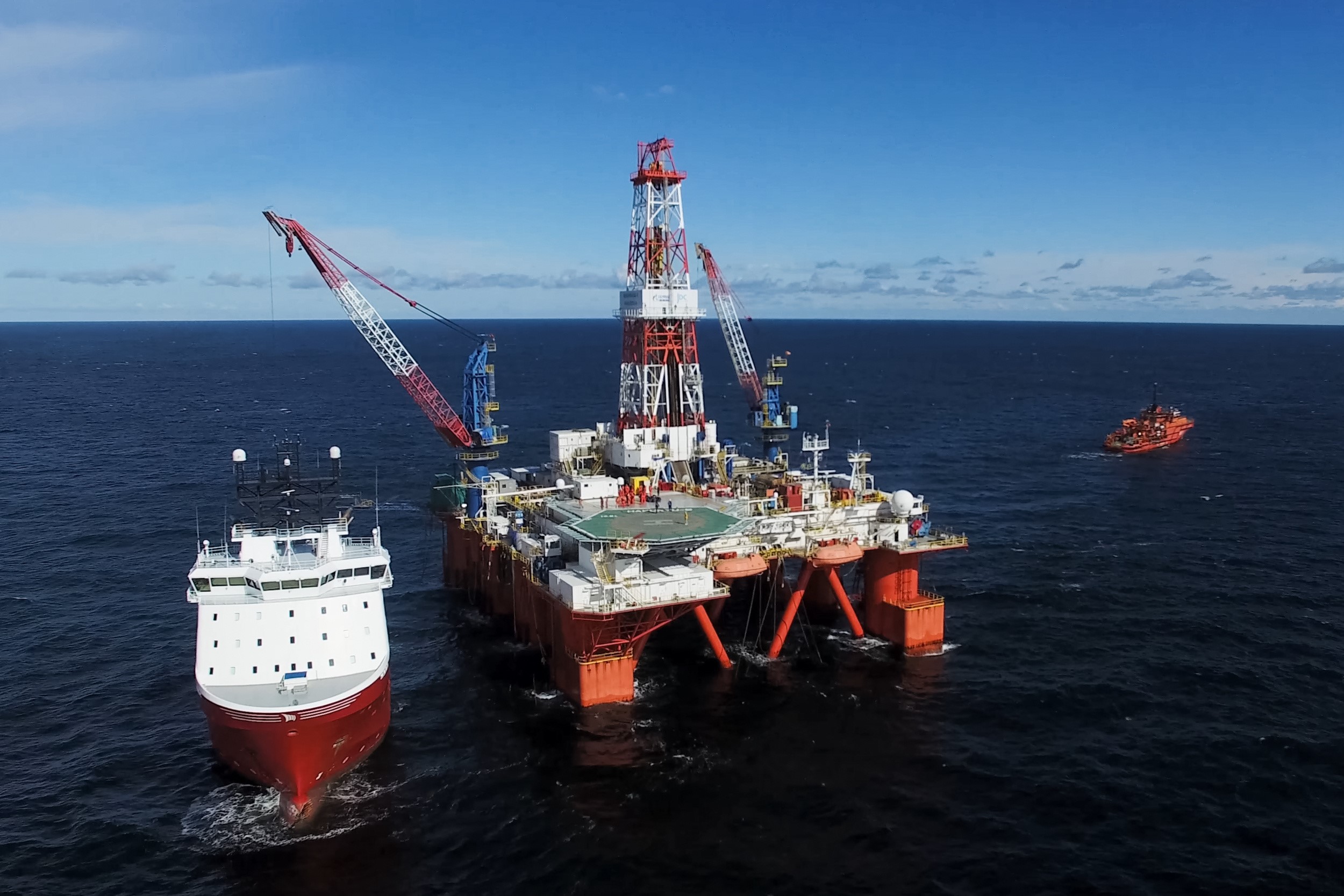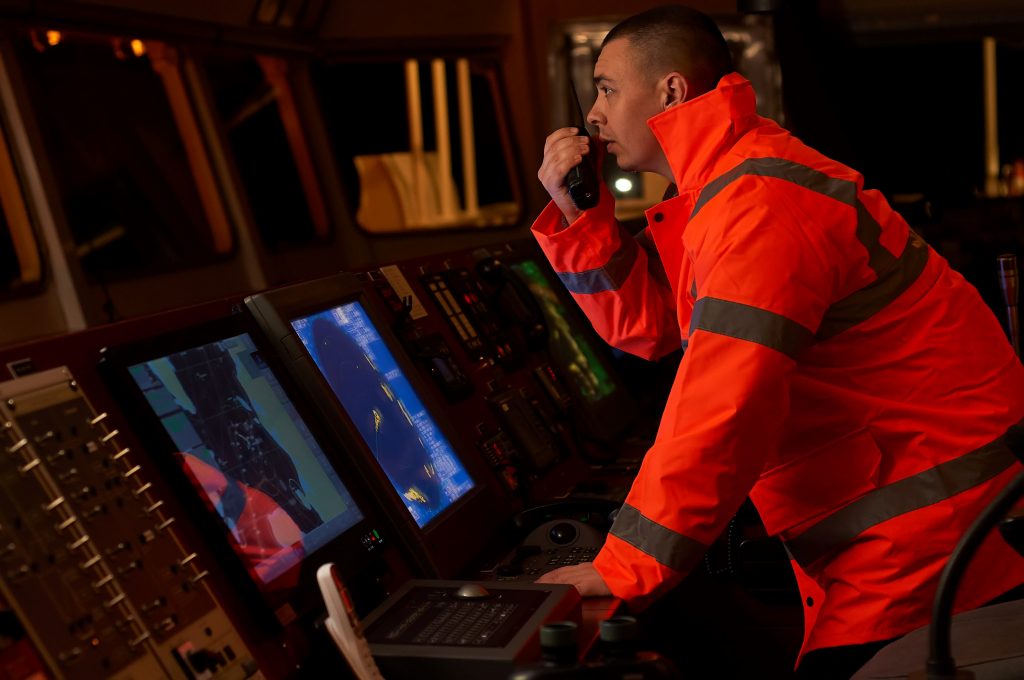
Blog
Does the Outer Continental Shelf Lands Act (OCSLA) Cover Onshore Injuries?
Posted in OCSLA
The Outer Continental Shelf Lands Act (OCSLA) was passed in 1953 to extend protections afforded under the Jones Act and the Longshore and Harbor Worker’s Compensation Act (LHWCA). It extended admiralty jurisdiction off the coast beyond states’ jurisdiction in United States’ waters.
Basic provisions in the OCSLA are similar to those contained in the Jones Act. It covers workers stationed on oil rigs and other offshore facilities that do not meet the definition of being in the service of a vessel in navigable waters as required by the Jones Act.
In addition, it covers underwater lands that are part of the Outer Continental Shelf (OCS). With the passage of the OCSLA, it extended provisions in the Jones Act and LHWCA to include temporary and permanent offshore structures, including but not limited to:
- Floating Dry Docks
- Oil Rigs
- Wind Turbines
- Extraction Rigs
- Man-Made Islands
Due to the complexity of the OCSLA, sometimes Jones Act claims are filed for personal injuries while onboard and other times LHWCA claims are appropriate. Deciding what admiralty jurisdiction applies is essential to avoid delays in filing your claim. There are also statutes of limitations for these claims and, if time runs out because you filed under the wrong act, you will not be able to refile your claim under the right act.
Furthermore, in some instances when there is an offshore injury, it could still fall within a state’s jurisdiction, not federal jurisdiction. It is for this reason that it is highly recommended to consult with a qualified maritime lawyer immediately to ensure your claim is filed under the right act and jurisdiction.
What and Who Does the OSCLA Apply To?
Besides extending admiralty jurisdiction of the Jones Act and LHWCA under the OCSLA for offshore workers working on the OCS, this act also contains specific wording regarding the administration of research and development of the OCS lands. This administration is carried out by the Secretary of the Interior.
The Secretary of the Interior is responsible for administering and overseeing who is able to conduct research and development of the OCS. They have the authority to award contracts to specific companies, contractors, and others through a secured bidding process.
The OCSLA also establishes the framework for managing OCS lands, natural resources, and other such projects related to the energy and economic policies of the United States. Parts of the Secretary of the Interior’s responsibilities include taking steps to help preserve and protect natural resources that are considered part of the OCS.
What Happens When a Maritime Worker Is Injured on the OCS?

The easiest way to find out what type of claim one can file is by speaking to a maritime personal injury lawyer as soon as possible. If it can be established that the employer, rig owner, or another party was negligent in some manner, one may be able to seek further compensation for their personal injuries.
What Happens When a Maritime Worker Is Injured Onshore?
There has been much debate by the courts about whether a maritime worker who is injured while onshore is afforded the protections of the OCSLA. Most employers strongly held a view that employees were only covered by the OCSLA when they were working offshore on the rig, platform, or other such structure on the OCS.
However, in 2012, the Supreme Court made its ruling in the case of Pacific Offshore Operators, LLC v. Valladolid. Juan Valladolid was hired by Pacific Offshore Operators, LLC to perform janitorial duties onboard one of their offshore oil rigs. At the time of his death, he was performing his job duties at the Pacific Offshore Operators’ onshore facility.
Pacific Offshore Operators, LLC and the LHWCA Benefit Review Board initially rejected his widow’s claim for under the OCSLA, stating that the LHWCA was not relevant because Juan Valladolid was working at an onshore facility at the time of his death.
However, the U.S. Ninth Circuit Court overturned the Benefit Review Board’s findings because Mr. Valladolid was performing job duties that were related to and supported the operation of the offshore rig. Upon appeal to the U.S. Supreme Court by Pacific Offshore Operators, LLC, the Supreme Court upheld the lower court’s findings.
The Supreme Court Justices found that, in this particular case, the OCSLA and application of the LHWCA applied. Their findings have since changed the basis for establishing claims under the OCSLA, which have to be examined on a case-by-case basis.
How Do I Know if My Injuries Are Covered by the OCSLA?
The key deciding factor to know if your injuries are covered by the OCSLA is determining whether the work being performed onshore benefits the offshore facility in some manner. In some instances, a maritime worker’s personal injury claim could be covered by the OCSLA if the worker was performing job duties while on land or on shore that supported the offshore operations.
In other cases, the OCSLA may not apply if the work being performed did not support or benefit the offshore facility in some manner. This is why it is essential to speak with a maritime lawyer familiar with the OCSLA, LHWCA, Jones Act, and other maritime laws.
What if My Injuries Are Not Covered by the OCSLA?
Depending on the nature of the work being performed and location, even if one is not entitled to file a claim for personal injuries under the OCSLA, there can still be other acts and laws that would be applicable and fall under admiralty jurisdiction.
For instance, if you were injured while on land by a vessel in navigable waters, you may be entitled to seek compensation for your injuries through the Admiralty Extension Act (AEA). You could also be covered by the AEA if you were injured while unloading, loading, or storing cargo that was on board the vessel.
Working in the maritime industry offshore or onshore often involves dangerous environments and other risks. This is why the OCSLA, LHWCA, AEA, Jones Act, and other maritime laws and acts are designed to provide protection to injured maritime workers both offshore and onshore.
If an employer, vessel owner, offshore rig owner, or another party is negligent for their employees’ injuries, they can be held accountable through the right maritime laws and acts.
If you were injured or your loved one died as the result of an accident while working in the maritime industry, you may be entitled to compensation through the OCSLA, LHWCA, AEA, Jones Act, or other maritime laws and acts.
To find out if you have grounds for a claim and learn about your legal rights, please feel free to contact Maintenance and Cure at 800-836-5830 to speak with one of our maritime personal injury attorneys today!
Maintenance and Cure is part of the law firm of Schechter, Shaffer & Harris, L.L.P. Together our maritime lawyers have over 100 years of experience and have represented injured maritime workers worldwide.
Our maritime law firm has recovered over $720 million in compensation for injured offshore workers and their families and has recovered the largest Jones Act settlement in the United States, for $17.5 million.













